2 August 2020
Michaela Küchler
Chair of the International Holocaust Remembrance Alliance
Commemoration speech on the occasion of 2 August 2020, Holocaust Memorial Day for Sinti and Roma
“Mama, da hinten verbrennen die Menschen”– “Mama, people are burning back there.”
In her memoir, Sintezza Zilly Schmidt, who survived Auschwitz, recalls how her four‑year‑old daughter Gretel began to understand the horrors of Auschwitz-Birkenau.
On 2 August 1944, the National Socialists “liquidated“ the so‑called Gypsy Family Camp at Auschwitz–Birkenau. Liquidation is an euphemism that disguises its cruel meaning. It stands for the murder of nearly 3000 men, women and children in just one night. Zilly Schmidt’s daughter Gretel, her parents, her sister and her seven children, and her brothers were among them.
When the National Socialists came to power, they continued and intensified the centuries-long discrimination and persecution of the Roma, many of whom were deported to the so‑called “Gypsy Camp” in Section BIIe of the Auschwitz II–Birkenau camp. One to two thousand people were crammed into barracks designed for three to four hundred. In the camp, Roma and Sinti wore black triangles on their clothes, classifying them as “anti‑socials”, a term that unfortunately remains in use to this day, despite its discriminatory and stigmatising nature. In Auschwitz and other camps, Sinti and Roma had to perform forced labour and were abused, tortured and murdered. In countless places in the former Soviet Union, Roma were killed in mass shootings.
The genocide of the Roma was ignored for decades after World War II. This dark chapter of our history is often referred to as the “forgotten Holocaust”. It took the German Federal Government 37 years after the end of World War II to acknowledge this genocide. Until today, this part of history remains under-researched and continues to be downplayed.
It remains our responsibility as governments, but also as citizens and democrats, to ensure that the history of this genocide and suffering are not forgotten and to combat the marginalisation and prejudices Roma still face today.
Precisely for that reason, commemoration ceremonies such as today’s are unquestionably important. One does not have to look too far to witness the ongoing discrimination and racism. Just look at certain groups in our society who hold Sinti and Roma responsible for spreading coronavirus. A few weeks ago, we witnessed a series of racist attacks against residents in a block of flats here in Berlin, where a spread of the virus had been reported.
Forgetting may lead us to commit the same mistakes and atrocities again. Therefore, it is our historical duty to remember the names of the 500,000 Roma women, men and children brutally murdered by the National Socialists.
There is a growing reluctance to continue remembering the Holocaust and the genocide of the Roma. Some claim that the time is right for us to detach from this dark chapter and to “move on”. Some even vote for political parties that encourage such sentiments. Frighteningly, “Jew”, “gypsy” and “homo” are still commonly used as insults.
While most of us know that these developments are troubling, this day should serve as a reminder that we must remain alert.
We have to ask ourselves whether we are learning from the past.
The answer is both “yes” and “no”.
“Yes”, because we have made some progress. Although late, a memorial to the murdered Sinti and Roma of Europe was erected in Berlin in 2012. “Yes”, because many governments have pledged to work to improve conditions for Sinti and Roma and to foster equality, inclusion and participation. These are the areas that the Post‑2020 EU Roma Strategy will have to tackle.
But at the same time, we must answer “no, we are not learning from the past”, as anti-Roma racism antisemitism and racism are on the rise once again.
Remembrance days are important, but they are not enough. It is our responsibility to promote a world where being different does not mean living in fear. It is our duty to raise our voices against discrimination, racism and hate and to start questioning our own prejudices every day.
The International Holocaust Remembrance Alliance is striving to make a difference. Its goal is to unite governments and experts to strengthen and promote Holocaust education, research and remembrance. This is an international mission that requires international cooperation. Wherever minorities are persecuted or discriminated against, no one is safe. The 2020 IHRA Ministerial Declaration underlines what we strive for: “A world that remembers the Holocaust – a world without genocide.”
In this Declaration, IHRA member countries pledged to remember the genocide of the Roma and to acknowledge that our past neglect of this atrocity has contributed to the prejudice and discrimination that many Sinti and Roma communities face to this day.
People must understand what forgetting can lead to. In 2007, the IHRA began addressing the genocide of the Roma and the IHRA Committee on the Genocide of the Roma has been working on this issue since 2011. On the basis of the Committee’s work, the IHRA is discussing an official working definition of anti‑Roma racism. A definition is a tool that provides guidance and helps identify these phenomena and their context, thus raising awareness and creating a common understanding on the subject matter. It will educate and sensitise administrations, politicians, judges, police officers, teachers, media, civil society and human rights organisations. We hope to adopt such a definition in the coming months. We owe it to the biggest minority in Europe to complete this task without delay.
We owe it to the victims and survivors to remember their suffering and honour their testimonies. We owe it to them to ensure that their names are never forgotten.
For further reading on the genocide of Sinti and Roma and the 2020 IHRA Ministerial Declaration visit the IHRA website.
Statements 2020
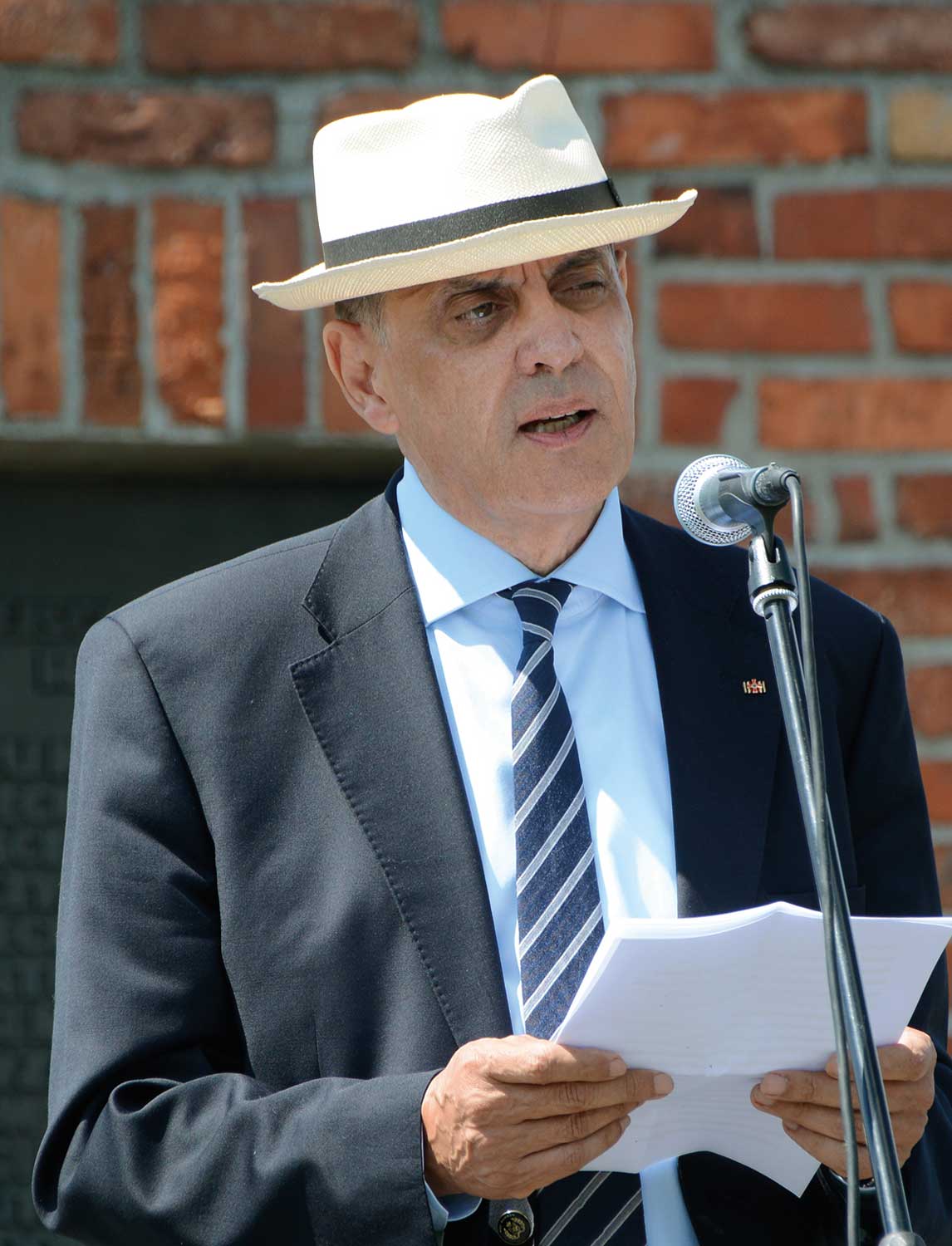
Romani Rose
Chairman of the Central Council of German Sinti and Roma

Zuzana Čaputová
President of the Slovak Republic
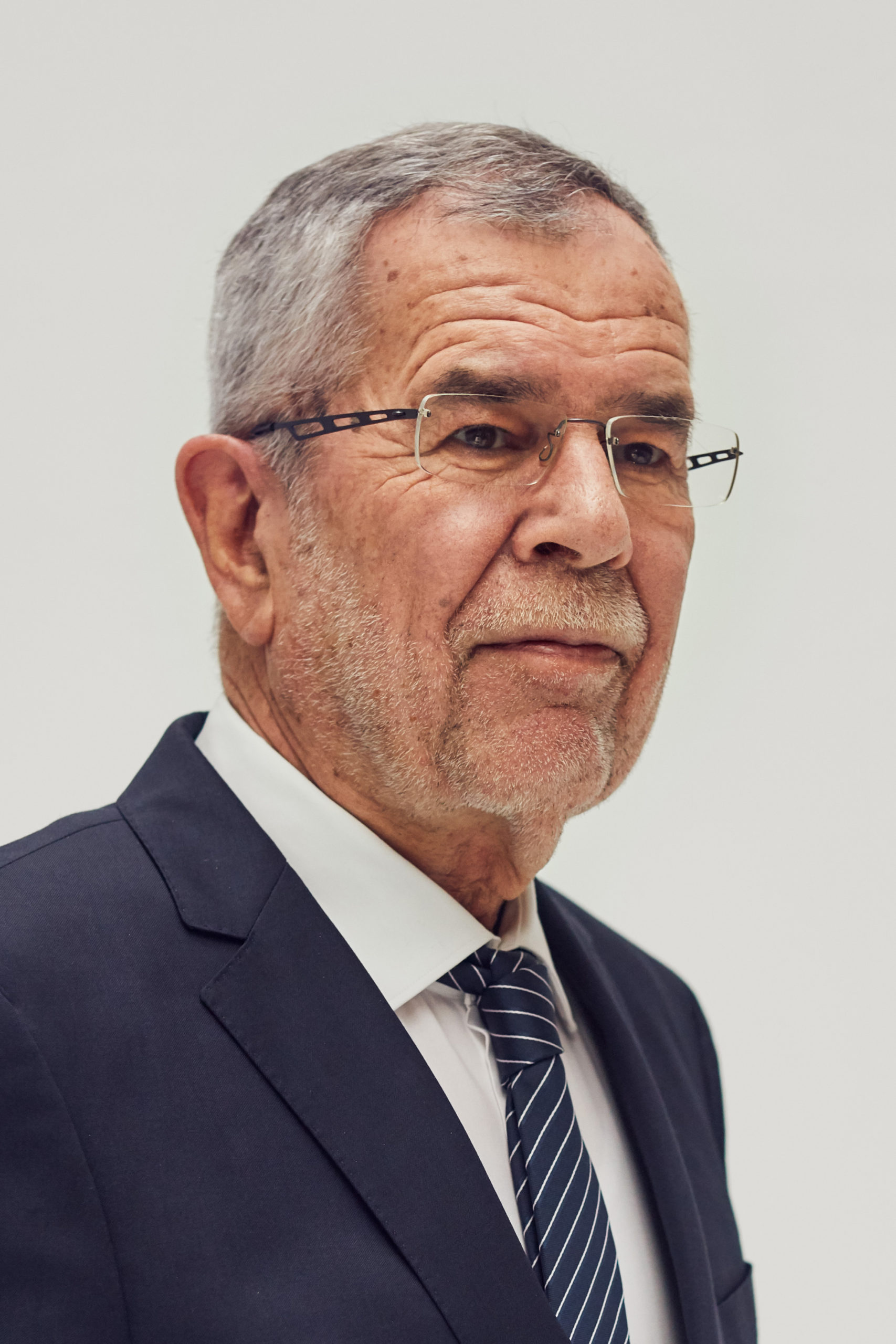
Alexander Van der Bellen
President of Austria
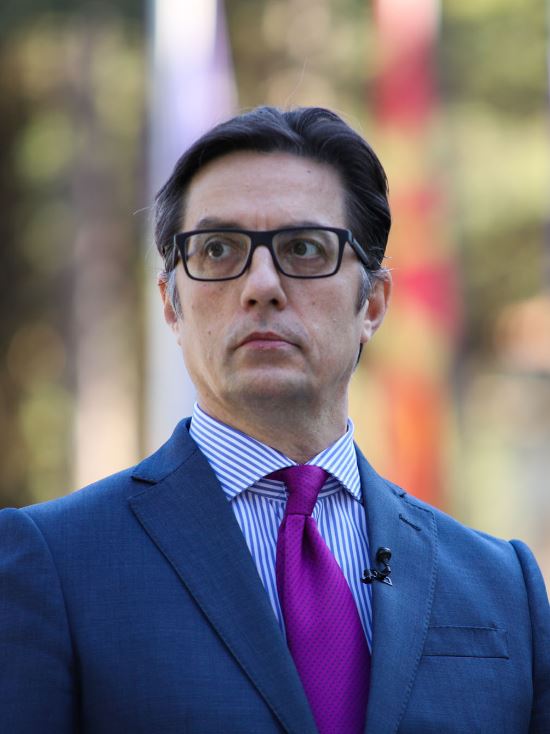
Stevo Pendarovski
President of North Macedonia

Helena Dalli
Commissioner for Equality, European Commission
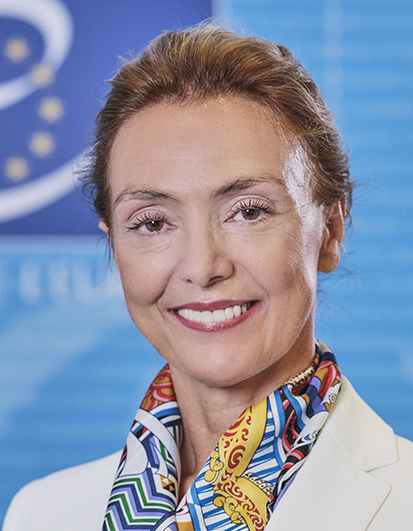
Marija Pejčinović Burić
Secretary-General of the Council of Europe

David Sassoli
President of the European Parliament

Wolfgang Schäuble
President of the German Bundestag

Stéphane Dion
Ambassador of Canada in Germany, Special Representative of Canada to the EU and to Europe

Michaela Küchler
Chair of the International Holocaust Remembrance Alliance

Michael O’Flaherty
Director of the European Union Agency for Fundamental Rights
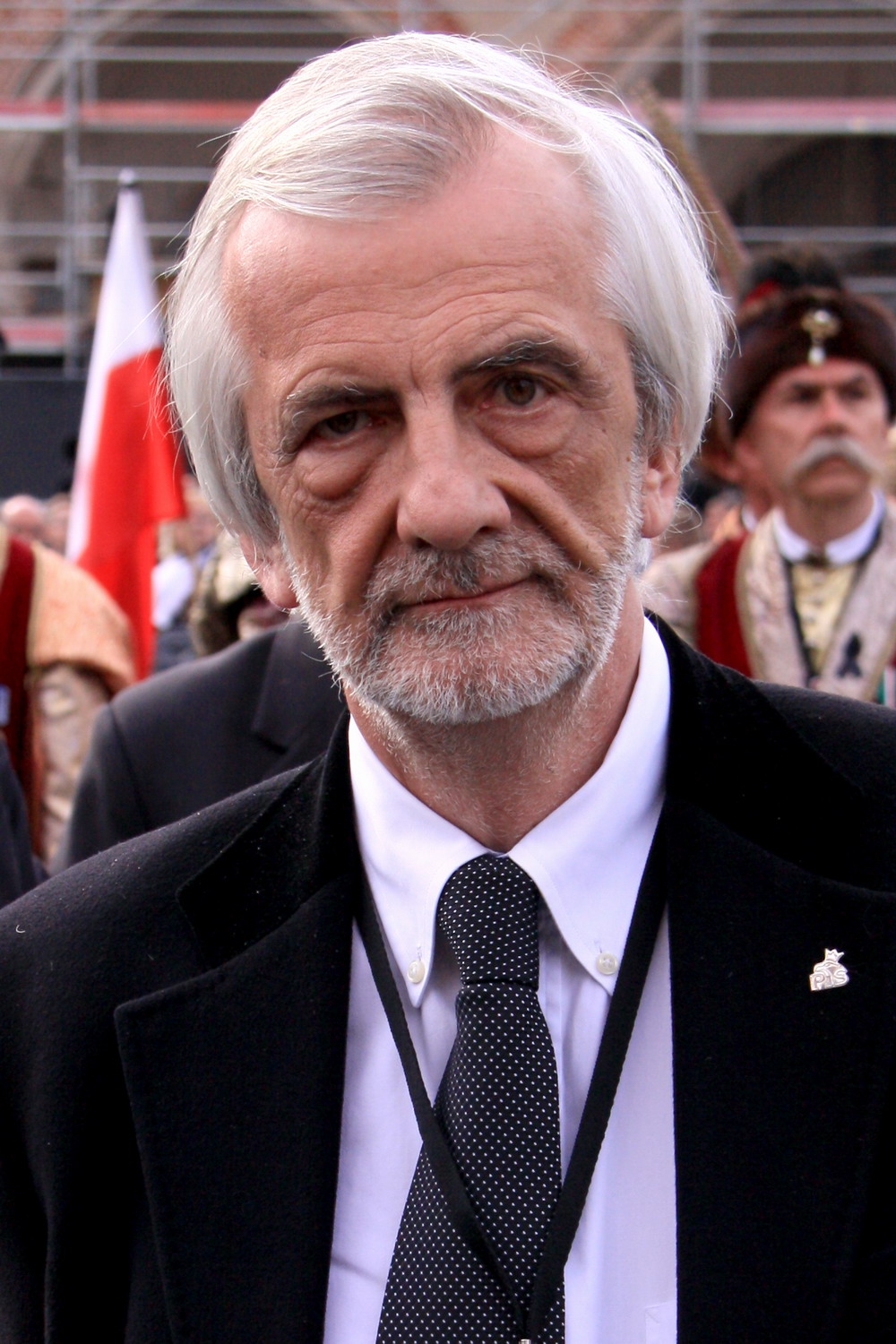
Ryszard Terlecki
Deputy Marshal of the Sejm, Poland

Ronald Lauder
President of the World Jewish Congress
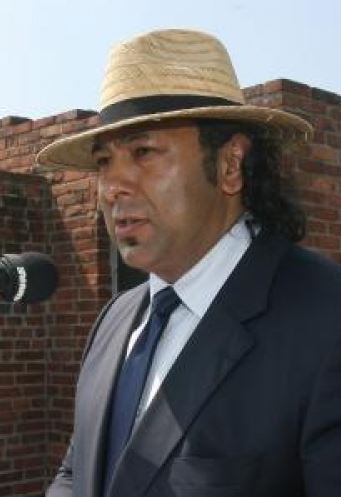
Roman Kwiatkowski
President of the Association of Roma in Poland
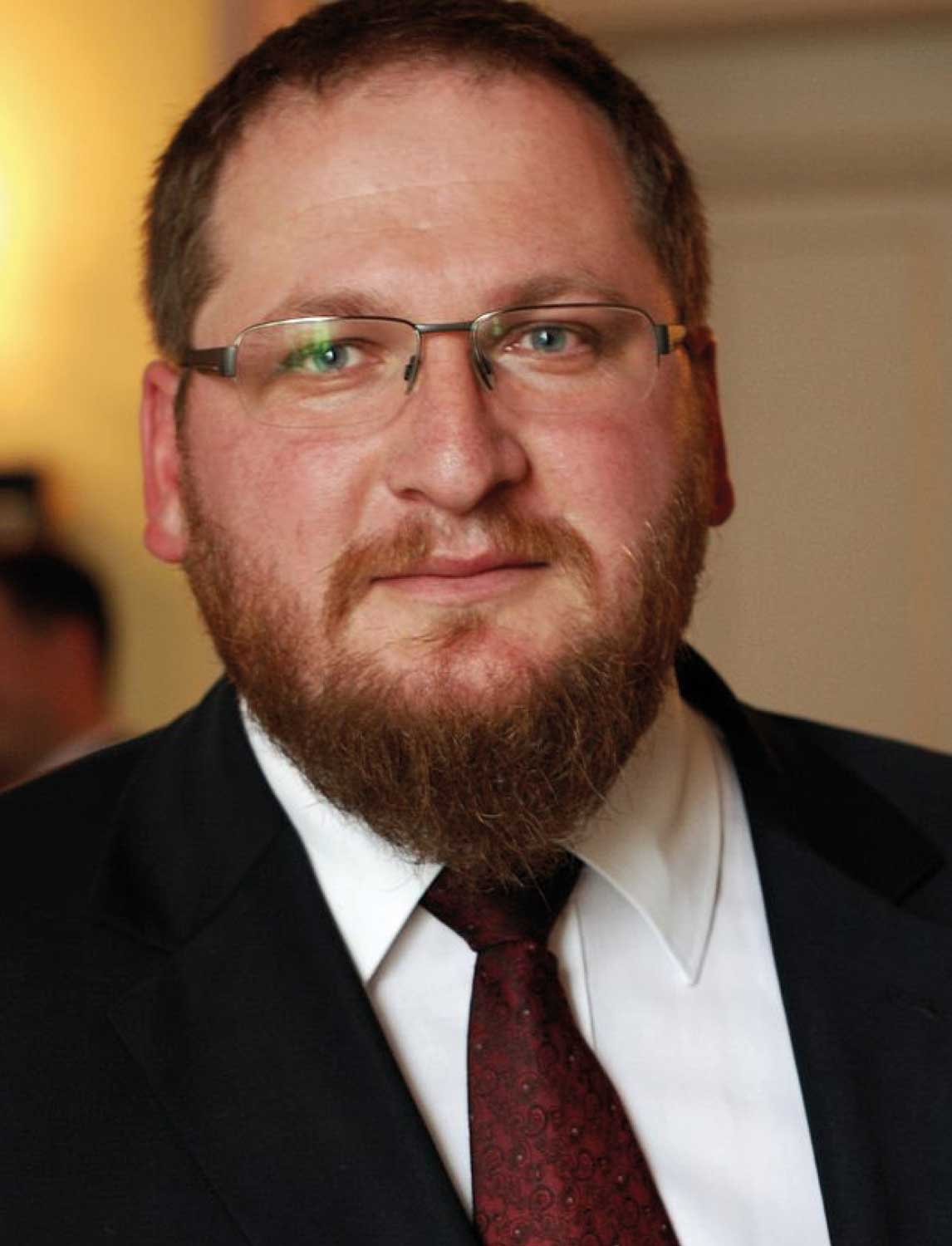
Dr Piotr M. A. Cywiński
Director of the Auschwitz-Birkenau State Museum










